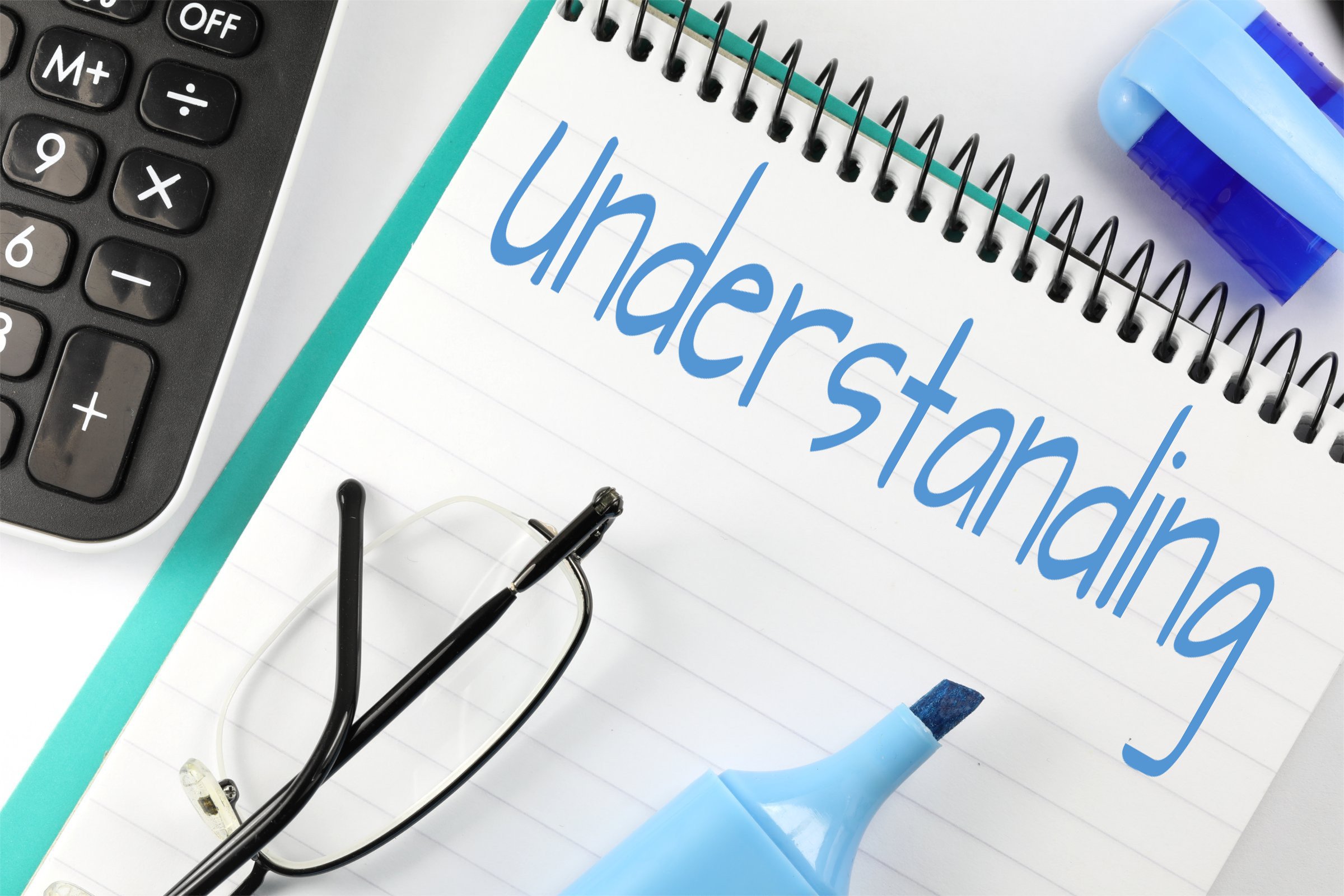In the intricate dance of legal proceedings following the passing of a loved one, the role of a probate attorney is one that can both illuminate and guide. As the executor of the deceased’s estate navigates through the labyrinth of paperwork, court appearances, and asset distribution, the probate attorney acts as a steady compass, providing expertise, support, and a steady hand in the process. Join us as we unravel the complexities of the probate attorney’s role and shed light on their indispensable contribution to the probate process.
Understanding the probate process and why an attorney is necessary
When dealing with the probate process, it is crucial to understand the role of a probate attorney. These legal professionals play a vital role in guiding individuals through the complex process of probate and ensuring that all necessary steps are taken to settle the estate efficiently and effectively. Probate attorneys have a deep understanding of the laws and regulations governing probate, allowing them to provide valuable expertise and guidance to their clients.
- Legal Expertise: Probate attorneys have a thorough understanding of probate laws and regulations, ensuring that all aspects of the process are handled correctly.
- Asset Protection: An attorney can help protect assets from creditors during the probate process, ensuring that the estate is distributed according to the deceased’s wishes.
- Resolution of Disputes: In case of disputes or conflicts among beneficiaries, a probate attorney can help mediate and resolve conflicts to prevent further complications.
Moreover, probate attorneys can help expedite the process, reducing the time and stress associated with probate. They can also ensure that all necessary paperwork is filed correctly and on time, preventing delays and complications in the probate process. By hiring a probate attorney, individuals can navigate the complexities of probate with confidence, knowing that they have a knowledgeable and experienced advocate guiding them every step of the way.
| Benefits of Hiring a Probate Attorney |
|---|
| Expert legal guidance |
| Asset protection |
| Faster resolution of disputes |

Key responsibilities of a probate attorney during the estate administration
Probate attorneys play a crucial role in guiding clients through the complex process of estate administration. Throughout this process, probate attorneys have several key responsibilities that help ensure a smooth and efficient resolution of the estate.
- Representing the estate: A probate attorney acts as the legal representative of the deceased individual’s estate, advocating for the wishes outlined in the will and ensuring that all assets are distributed according to the law.
- Managing the probate process: Probate attorneys assist in navigating the probate court system, filing necessary paperwork, and handling all legal aspects of the estate administration, including resolving any disputes that may arise.
- Communicating with beneficiaries: Probate attorneys communicate with beneficiaries to keep them informed of the progress of the estate administration and address any concerns they may have.

Navigating complex legal issues with the guidance of a knowledgeable probate lawyer
When dealing with complex legal issues related to the probate process, having a knowledgeable probate lawyer on your side can make all the difference. A probate attorney plays a vital role in guiding individuals through the intricacies of estate administration, ensuring that all legal requirements are met and that the wishes of the deceased are carried out accurately.
Some key roles and responsibilities of a probate attorney include:
- Advising clients on legal matters related to the probate process
- Assisting with the preparation of necessary documentation, such as wills and trusts
- Representing clients in probate court proceedings
- Resolving disputes among beneficiaries

Maximizing the benefits of hiring a probate attorney for efficient estate distribution
Probate attorneys play a crucial role in ensuring that estate distribution is carried out efficiently and effectively. One of the main responsibilities of a probate attorney is to guide the executor (or personal representative) through the probate process, which can be complex and time-consuming. By enlisting the help of a probate attorney, individuals can navigate the legal intricacies of estate distribution with ease.
Probate attorneys also assist in resolving disputes among beneficiaries and creditors, ensuring that all parties are treated fairly and in accordance with the law. Additionally, probate attorneys are well-versed in estate planning laws and can help individuals create a solid estate plan that minimizes the likelihood of disputes in the future. By leveraging the expertise of a probate attorney, individuals can maximize the benefits of hiring legal counsel for efficient estate distribution.
In conclusion, probate attorneys play a crucial role in ensuring that the wishes of the deceased are carried out according to the law. Their expertise in navigating the complex legal process of probate can help ease the burden on loved ones during a difficult time. Whether it’s drafting a will, representing heirs in court, or administering the estate, probate attorneys provide valuable guidance and support every step of the way. If you find yourself in need of assistance with probate proceedings, don’t hesitate to seek out a qualified attorney to help you through the process.



